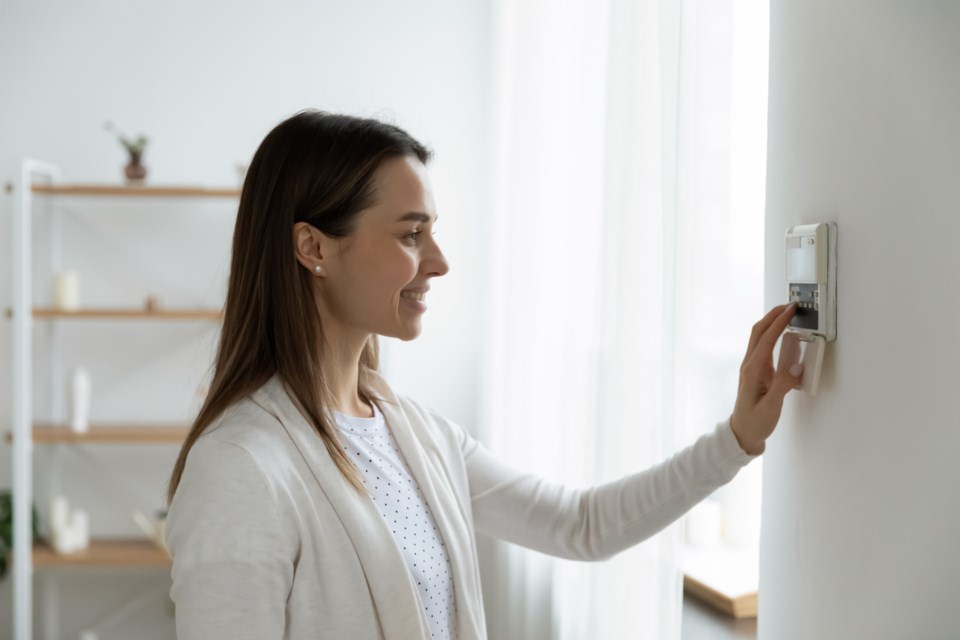NEWS RELEASE
COLORADO OFFICE OF UTILITY CONSUMER ADVOCATE
*************************
DENVER - The Colorado Office of the Utility Consumer Advocate (UCA) cautions Colorado utility customers that the very cold temperatures coming to Colorado starting this evening may lead to tight natural gas supplies and significantly increased energy prices for Coloradans. To avoid higher utility bills from this week, the UCA strongly encourages both electric and gas consumers to reduce their usage of both.
The forecasted winter weather event may lead to tight natural gas supplies and significantly higher natural gas prices. During the Presidents’ Day weekend of Feb. 13 through 16, 2022, Colorado, as well as much of the central United States, experienced extremely cold winter weather which resulted in unprecedented natural gas prices that were on the order of almost 50 times higher than normal.
When there is a nationwide increase in the cost of natural gas, due to supply and demand pressures, an average residential customer in Colorado who uses the same amount of energy this winter as last winter will see an increase in bills.
To avoid possible higher utility bills for energy this week, the UCA strongly encourages both electric and natural gas consumers to reduce their usage of both. Making a few household changes will reduce energy use and lower your natural gas and electric bills.
Here are some tips to help you save energy and money:
Lower Your Thermostat
When you are home and awake, set your thermostat as low as is comfortable, 68°F or lower is recommended. When you are asleep or out of the house, set your thermostat to 58°F. A smart or programmable thermostat can make it easy to set back your temperature.
Set Your Water Heater to 120°F or Set Your Dial to Medium
This isn't just energy smart—it's also safer, since it reduces the likelihood of accidental burns. Reduce your shower time and take baths only when necessary. During a period of severe cold weather, limit use of your washer, dryer, and dishwasher.
Find and Seal Leaks
Seal the air leaks around utility cut-throughs for pipes ("plumbing penetrations"), gaps around chimneys and recessed lights in insulated ceilings, and unfinished spaces behind cupboards and closets. Add caulk or weather stripping to seal air leaks around leaky doors and windows.
Cover Drafty Windows
Use a heavy-duty, clear plastic sheet on a frame or tape clear plastic film to the inside of your window frames during the cold winter months. Make sure the plastic is sealed tightly to the frame to help reduce draft infiltration. Install tight-fitting, insulating drapes or shades on windows that feel drafty after weatherizing.
Maintain Your Heating System
Replace your furnace filter once a month or as needed and remember to schedule service for your heating system annually.
Beware of Vampire Energy
Cell phone and battery chargers that are plugged in but not in use are often referred to as “Energy Vampires.” Unplug electronic devices and turn off lights that are not in use.
The UCA has put together a helpful infographic with additional wintertime energy saving tips.
Energy Bill Payment Assistance
If you need assistance with paying your utility bill, the Colorado Low-income Energy Assistance Program (LEAP) helps eligible Colorado families, seniors, and individuals pay their winter home heating costs. For more information visit cdhs.colorado.gov/leap or call 1-866-HEAT-HELP (1-866-432-8435).
Energy Outreach Colorado (EOC) also provides bill payment assistance and other energy related services to households across Colorado. For more information visit www.energyoutreach.org or call 303-825-8750. For Coloradans who receive LEAP benefits, EOC has a Crisis Intervention Program which provides Emergency Repair and Replacement of Home Heating Systems which can be accessed by calling 855-469-4328.
Winter Heating Safety
In addition, remember to keep safety in mind when you are keeping your homes warm. According to the National Fire Prevention Association (NFPA), heating equipment is the leading cause of fires in U.S. homes and nearly half of all home heating fires occur in December, January, and February. The UCA has also put together this infographic with winter heating safety tips to keep you and your loved ones safe.
*************************



